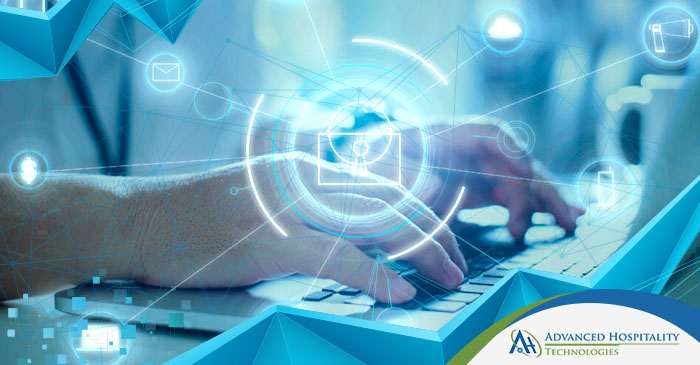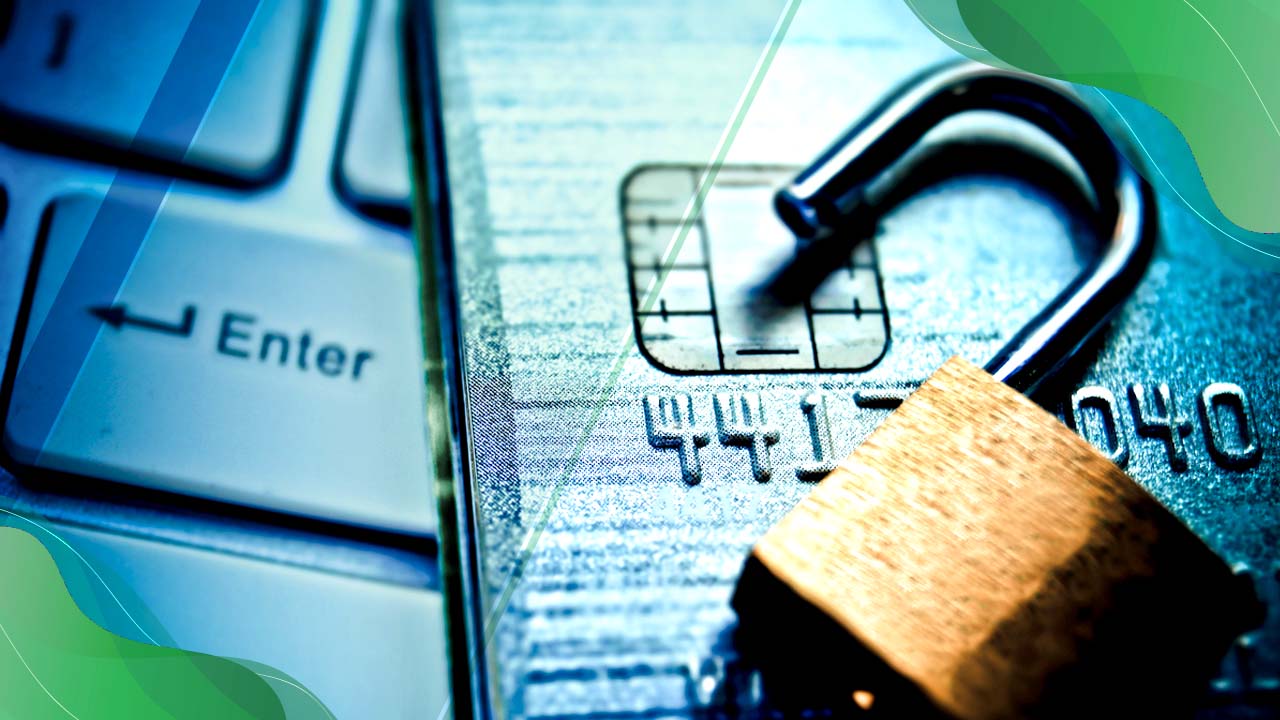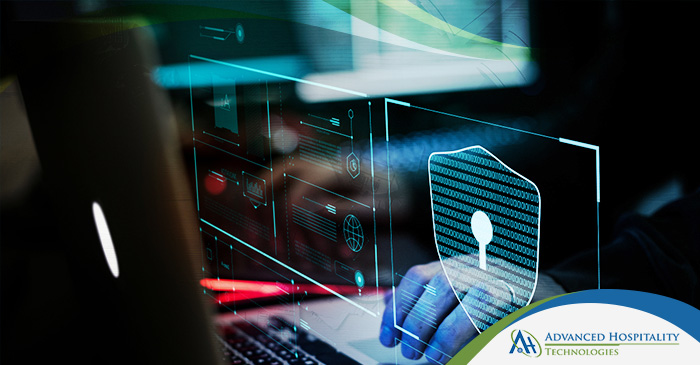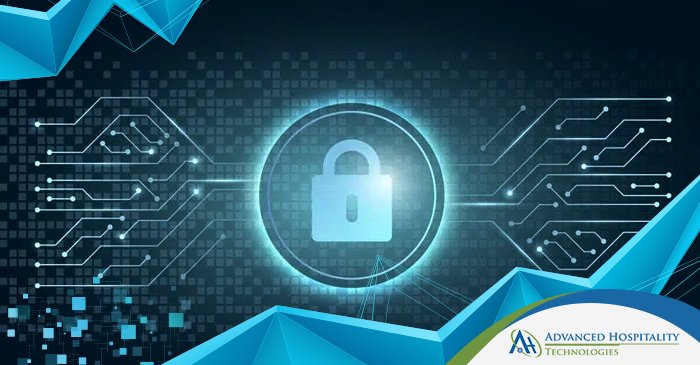Lockdowns are expected as the COVID19 infection multiplies across the US, causing severe disruptions to the entire economic infrastructure. Workers are migrating to remote access as social distancing becomes a norm across the country for the unforeseeable future.
Due to this mass migration of office-based staff to remote work, cybercriminals have been alerted! With a number of cybercriminal outlets indeed confirming that they will not target healthcare & medical entities, the obvious targets will be the massive number of remote workers.
Snapshot Bloomberg News 16th March 2020
Connected to organizational resources in real-time, remote workers hold treasure troves of data on their desktops, their laps, and even in the palm of their hand. Due to the versatility technology provides inn modern workplaces, employees have multiple devices syncing data to a central storage (Cloud-based, physical, or hybrid).
Popular Cyberattacks To Be Aware of During Remote Work
Now that all devices are connected under one roof, over less secure networks than in most workplaces, there is bound to be a threat. There has been a storm of cybercrime unleashed as soon as the COVID19 threat escalated to the global level. The FBI also issued a public service announcement to ensure remote worker safety.
PwC Research identifies the six following cyberattacks that will be dominantly employed during the COVID19 lockdowns:
- Emails masquerading as government announcements
- Operational industry disruption
- Hidden malware
- False advice & cures
- False charities
- Frauds that escalate beyond business email phishing
The Council of Europe identified in their press release that the following forms of cyberattacks & intrusions will be on the rise during the COVID19 pandemic:
- Phishing campaigns and malware distribution through seemingly genuine websites or documents providing information or advice on COVID-19 are used to infect computers and extract user credentials.
- Ransomware shutting down medical, scientific or other health-related facilities where individuals are tested for COVID-19 or where vaccines are being developed in order to extort ransom.
- Attacks against critical infrastructures or international organizations, such as the World Health Organization.
- Ransomware targeting the mobile phones of individuals using apps that claim to provide genuine information on COVID-19 in order to extract payments.
- Offenders obtaining access to the systems of companies or other organizations by targeting employees who are teleworking.
- Fraud schemes where people are tricked into purchasing goods such as masks, hand sanitizers, but also fake medicines claiming to prevent or cure SARS-CoV-2.
- Misinformation or fake news are spread by trolls and fake media accounts to create panic, social instability, and distrust in governments or in measures taken by their health authorities
Securing Your Remote Workers During the COVID19 Social Distancing
In earlier research, the PwC had already recommended establishing a strategy to mitigate the cyberthreats posed to remote workers. The recommended roadmap establishes four essential areas that must be secured from cyber attacks:
- Regular phishing attack exercises to test organizational systems
- Strengthen the perimeter defense & reduce the attack surface
- Educate your workforce about popular cybersecurity guidelines like PCI Compliance
- Develop & deploy fortified endpoint security infrastructures with firewalls, monitoring, and constant testing
While the above-shown action plan may look vague and complex to some, a professional hotel technology management company understands the nature of remote access services. In unfortunate events like COVID19, the mass reliance on remote networks will also allow technology management companies to develop more stringent security infrastructures.
Professional technology managers also emphasize on carrying the right technology stacks for remote work. Unlike office-based work, there are certain limitations that must be overcome to make remote workers more productive. These including remote worker cybersecurity have been discussed in an earlier blog.
Professional Cybersecurity Planning by AHT Inc.
Led by a professional PCI Professional and HFTP Certified Expert, the AHT Inc. team analyzes your team’s requirements and resources to develop a cost-efficient & highly effective cybersecurity strategy.
Our professional managers usually propose the deployment of certain tools including:
- Remote access software
- Firewalls
- Cyberthreat detection & protection suites
- Email protection
- Awareness of strong passwords & privacy laws
Our professional team analyzes your remote network and suggests changes based on the nature and volume of information being accessed. Our Director of Information technology constantly monitors the entire process ensuring compliance and reliability.
Get in touch with our team today to schedule a discussion about our cybersecurity planning services.
Conclusion
Being proactive may just be the best contingency plan for remote workers accessing critical systems and information from home. Having the right tools for security and the right practices to ensure complete protection is the mantra for remote workers.
As we sign off, we extend our dearest wishes to all the medical professionals fighting the COVID19 threat across the world. We wish all our readers the best of health until next time, see you again soon.




